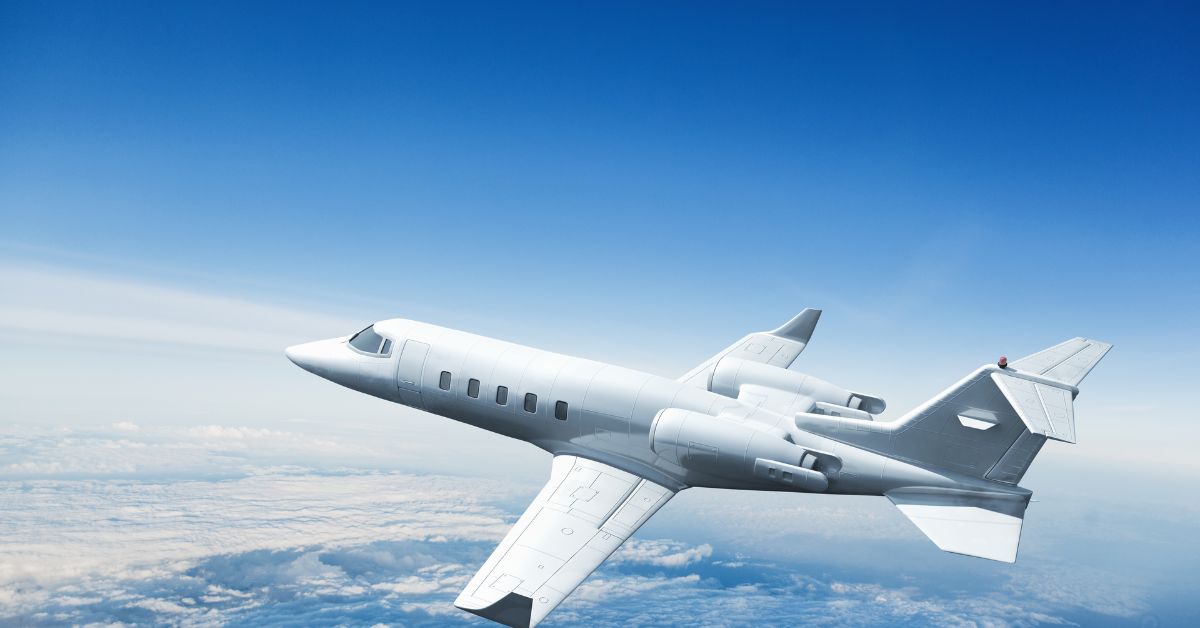While road transport emits about 3/4th of the world’s carbon dioxide emissions, the aviation industry also contributes its fair share. About 12% of global CO2 emissions are released by aircraft: airplanes or helicopters alike. However, private jet flights exponentially increase the carbon footprint per individual. Subsequently, VIP passengers are concerned about reducing their footprint while spontaneously saving their time.
What is a carbon-neutral private jet charter?
World temperatures are rising, and sea levels are shifting; carbon dioxide is eating away our planet. An average jet charter emits around 2 tonnes of CO2 per flight hour. Zero-carbon operations are improbable because jet fuel burns to release GHG gases into the atmosphere. Consequently, carbon neutrality in the charter industry is achieved by offsetting the outflow of CO2 by introducing measures to reduce emissions elsewhere.
Carbon offset programs provide a suitable means for cementing the foundations of a sustainable future for luxury travel. Carbon credits equivalent to the amount of carbon dioxide emitted during the flight are bought by the charter company for willing passengers. Under such voluntary offset programs and others, passengers usually receive a certificate of purchase by the programs to acknowledge their efforts for climate stability. Each credit equals 1 tonne of CO2 released. The offset programs, in turn, use the credit proceeds to plant trees or switch to renewable sources of energy. Forestry and wind farms are the two most popular methods of limiting CO2 emissions.
What is a carbon-negative private jet charter?
Carbon neutrality is executed when carbon dioxide emissions released by burning jet fuel equal the carbon dioxide quota used by carbon offsetting programs. Taking this approach a notch up introduces a carbon-negative perspective. Carbon negativity entails that the removal of CO2 through carbon offsets exceeds its emission. Charter companies try to offset more than 100% of the GHG gases released on flights through carbon credits.
To achieve neutrality, the cost of buying credits is almost negligible compared to the gross total of the charter itself. On average, the amount is limited to under 200 USD for super-midsize jets on five-hour long journeys. For VLJs, with fewer passengers and distance, the cost only climbs to 60 USD per charter. Icarus Jet is committed to providing opportunities for sustainability initiatives. Passengers can dial +1-888-277-7203 or email info@icarusjet.com to inquire about the available offset options for their flights.




